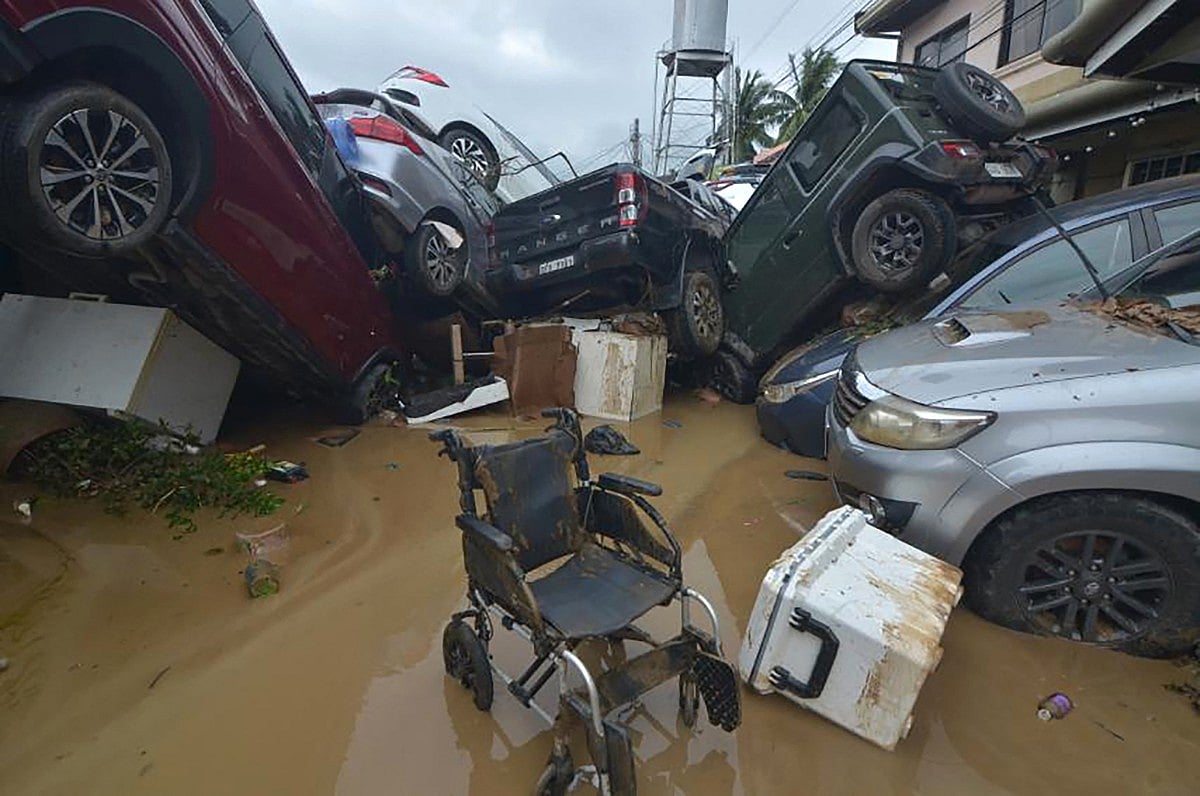Philippines declares state of emergency after Typhoon Kalmaegi leaves at least 114 dead
Declaration follows flooding, landslides that left at least 114 dead and 127 missing

The government of the Philippines declared a national state of emergency on Thursday after Typhoon Kalmaegi (Tino) left at least 114 people dead and 127 missing, according to official figures.
The storm affected nearly 2 million people, displaced more than 560,000 residents, and forced approximately 450,000 into evacuation shelters.
President Ferdinand Marcos Jr.’s declaration enables the government to fast-track the release of emergency disaster funds and impose price controls on basic goods.
Furthermore, the President ordered the release of Ph760 million in financial assistance to local government units (LGUs) to support relief efforts in storm-hit areas.
Impact and response
The central province of Cebu Province was the worst-hit region, where flash floods overwhelmed rivers, destroyed homes, and submerged streets. The scale of destruction revealed flattened dwellings and overturned vehicles.
Relief and recovery operations now face challenges including debris-filled roads, scattered infrastructure damage, and the risk of further storms forming in the Pacific.
Legal and funding ramifications
With the state of emergency in effect, the declaration provides legal authority for:
Immediate disbursement of relief funds
Price ceilings on essential goods to prevent profiteering
Mobilisation of national and local agencies for rescue and rehabilitation work
The release of Ph760 million to LGUs is intended to cover urgent needs such as evacuation shelter operations, food distribution, and clearing of major transport routes.
Network Links
GN StoreDownload our app
© Al Nisr Publishing LLC 2026. All rights reserved.